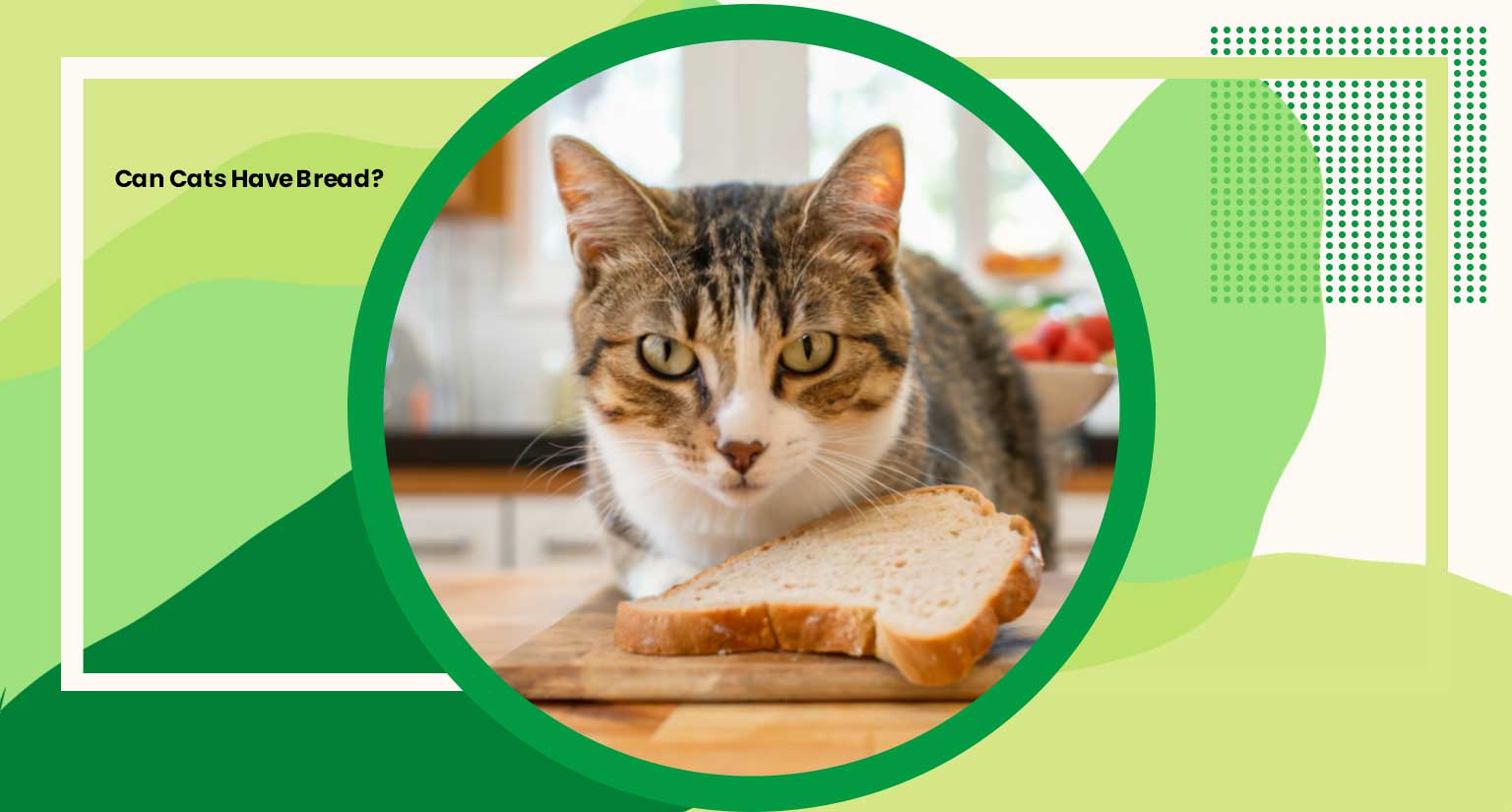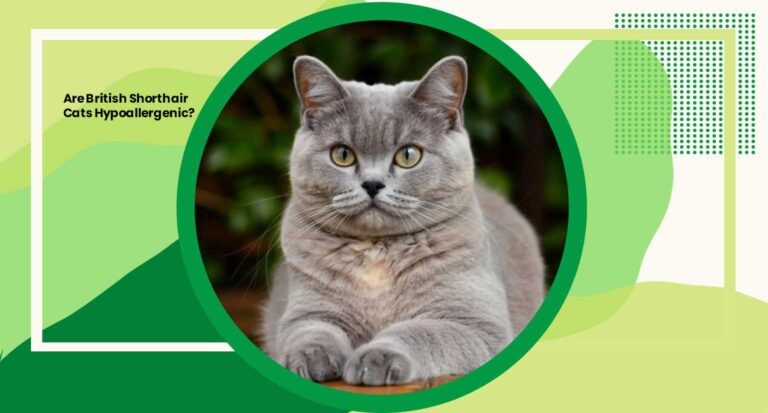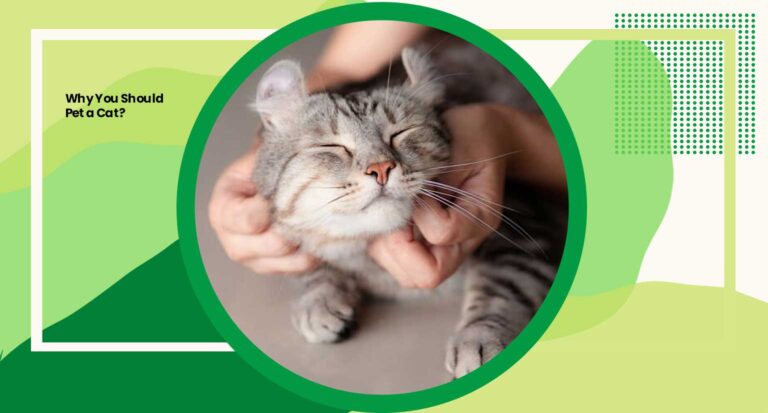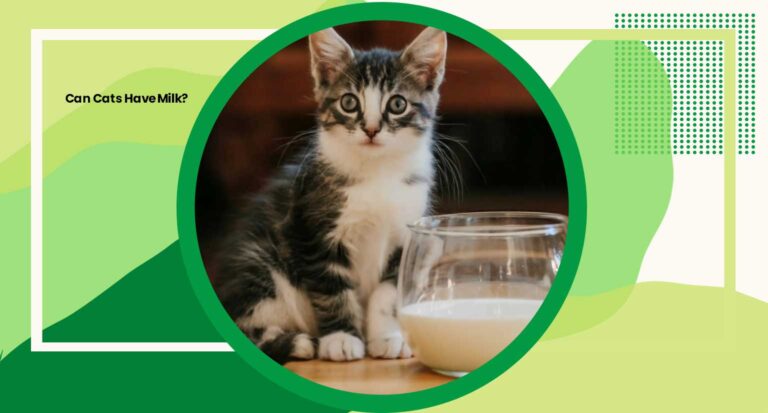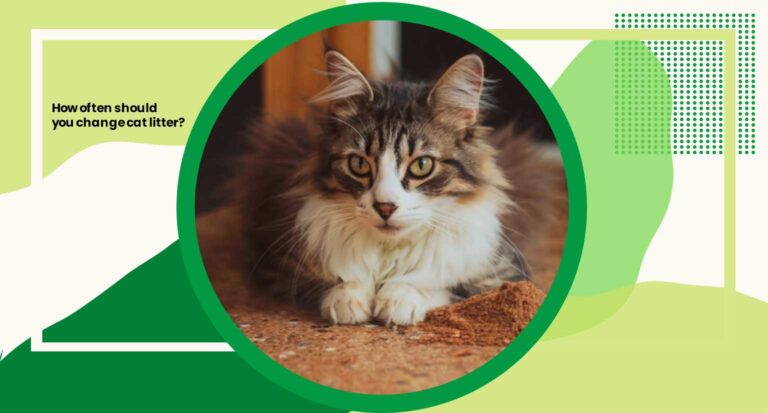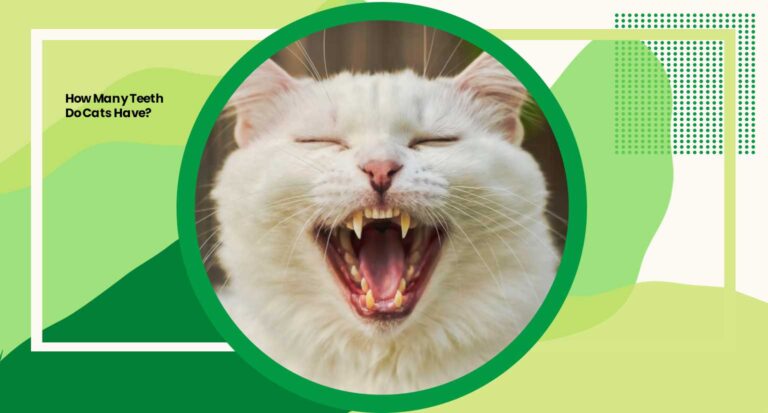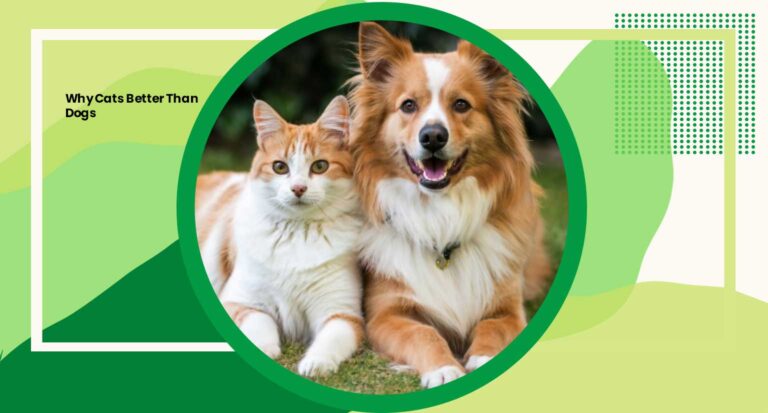Can Cats Have Bread? 3 Important Things You Need to Know
Can cats have bread? In the vast world of feline nutrition, questions often arise about what constitutes a safe and healthy diet for our beloved cats. Among the many inquiries that cat owners ponder, one often debated topic is whether cats can safely consume eggs.
Understanding the dietary needs and preferences of our feline companions is crucial for their overall health and well-being. This fascinating exploration delves into the truth behind feline nutrition and the role of eggs in their diet.
Is Bread Bad For Cats?
The Truth About Bread and Cats
Bread, a staple in many households, often finds its way onto the kitchen table and into our daily meals. While humans enjoy the versatility and comforting taste of bread, the question arises, Is bread suitable for our feline friends?
Understanding Bread’s Composition
Bread typically comprises flour, water, yeast and other ingredients, depending on the recipe. It’s notably absent from a cat’s natural diet, which primarily consists of protein rich meat.
Potential Risks of Bread Consumption
While a small nibble of plain bread might not immediately harm your cat, it’s essential to recognize potential risks associated with bread consumption for felines.
Lack of Nutritional Value
Bread lacks the essential nutrients that cats need to thrive. It doesn’t fulfill their dietary requirements, which primarily revolve around high quality protein sources.
Digestive Discomfort
The ingredients found in bread, particularly yeast, can lead to digestive upset in cats. Consumption of bread may cause bloating, gas or even more severe gastrointestinal issues.
Obesity and Weight Gain
Bread is calorie dense and often high in carbohydrates. Regular consumption without an increase in physical activity can contribute to obesity and associated health problems in cats.
Potential Allergies
Cats, like humans, can develop allergies to certain foods. While uncommon, some cats may have adverse reactions to components found in bread, such as wheat or gluten.
While a small taste of bread may not pose an immediate danger to your cat, it’s best to avoid offering it as a regular treat or part of their diet. Instead, focus on providing nutritionally balanced meals specifically formulated for feline needs. Opting for high quality cat food ensures that your furry companion receives the essential nutrients they require to lead a healthy and fulfilling life.
Why Do Cats Love Bread?
The phenomenon of cats showing interest in bread often intrigues pet owners and observers alike. While cats are known for their discerning tastes and preferences, the attraction to bread may stem from several factors.
Aromatic Appeal
Bread emits enticing aromas during the baking process, which can pique a cat’s curiosity. Cats have a keen sense of smell and they may be drawn to the pleasant scent of freshly baked bread.
Texture and Consistency
The texture of bread, especially when soft and fresh, can be appealing to cats. Cats enjoy kneading soft objects with their paws, a behavior often associated with comfort and contentment. The doughy consistency of bread may mimic the feel of surfaces that cats find comforting.
Social Interaction
Cats are highly social animals and often mimic human behaviors to seek attention or affection. If a cat observes its human companions enjoying bread, it may show interest in the same food item as a form of social bonding or mimicry.
Curiosity and Exploration
Cats are naturally curious creatures and they often investigate novel objects or foods in their environment. Bread, with its unique shape, texture and scent, may attract cats simply because it represents something new and intriguing to explore.
Opportunistic Eating Behavior
Cats are opportunistic hunters and scavengers by nature. In the wild, they may encounter various food sources, including grains and plant matter. While bread does not offer significant nutritional value for cats, their instinctual drive to sample different food items may lead them to show interest in bread.
While cats may display curiosity or interest in bread, it’s essential for pet owners to exercise caution when offering bread to their feline companions. While a small taste of bread is unlikely to cause harm, it’s best to prioritize nutritionally balanced cat food specifically formulated to meet their dietary requirements.
By understanding and respecting their natural behaviors and dietary needs, pet owners can ensure the health and well being of their beloved feline friends.
How To Feed Your Cat Bread Safely?
Feeding bread to cats requires careful consideration and moderation to safeguard their health and well being. While bread is not a necessary component of a cat’s diet, there are steps you can take to ensure safe consumption if you choose to offer it occasionally.
Opt for Plain, Unseasoned Bread
When offering bread to your cat, choose plain varieties without added seasonings, herbs or flavorings. Avoid breads with ingredients like onions, garlic or raisins, as these can be toxic to cats.
Limit Portion Sizes
Moderation is key when feeding bread to cats. Offer only small, bite sized portions to prevent overconsumption and minimize the risk of digestive upset or weight gain.
Monitor for Adverse Reactions
Pay close attention to your cat’s response after consuming bread. Watch for signs of digestive discomfort, such as vomiting, diarrhea or lethargy. If any adverse reactions occur, discontinue bread consumption and consult your veterinarian if symptoms persist.
Consider Bread Alternatives
Instead of bread, consider offering alternative treats specifically formulated for cats. There are a variety of cat friendly treats available that offer nutritional benefits without the potential risks associated with bread.
Prioritize Nutritional Balance
While bread may be safe for occasional consumption, it should not replace or supplement your cat’s regular diet. Ensure that your cat’s primary food source consists of nutritionally balanced cat food that meets their dietary requirements.
Consult with Your Veterinarian
If you have concerns about feeding bread to your cat or if your cat has underlying health conditions, consult with your veterinarian for personalized guidance and recommendation.
Feeding bread to cats can be done safely and responsibly with proper precautions and moderation. While bread may not offer significant nutritional benefits for cats, occasional indulgence can be enjoyed under supervision.
By prioritizing your cat’s health and well being and following these guidelines, you can ensure that bread consumption remains a safe and enjoyable experience for your feline companion.
Conclusion
In the pursuit of understanding whether cats can safely consume eggs, it becomes evident that moderation is key. While eggs offer valuable nutrients for feline health, it’s crucial to consider individual cat preferences and potential allergies.
As responsible cat owners, providing a balanced diet, consulting with veterinarians and introducing eggs cautiously allows us to navigate this culinary curiosity with the utmost care. Ultimately, the answer to, Can cats have eggs?
lies in a thoughtful approach, ensuring our feline friends enjoy the occasional egg treat within the bounds of their unique dietary needs.

